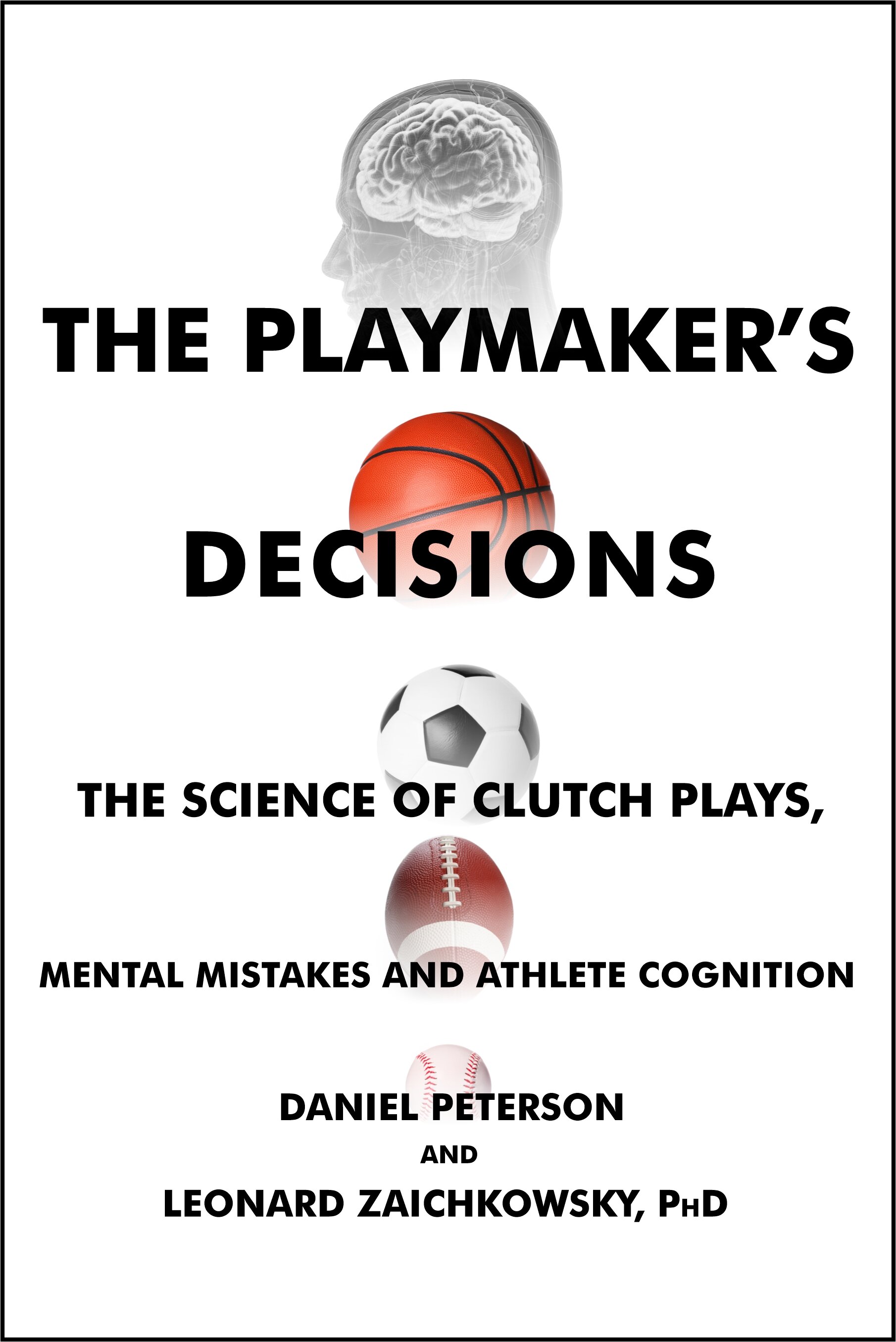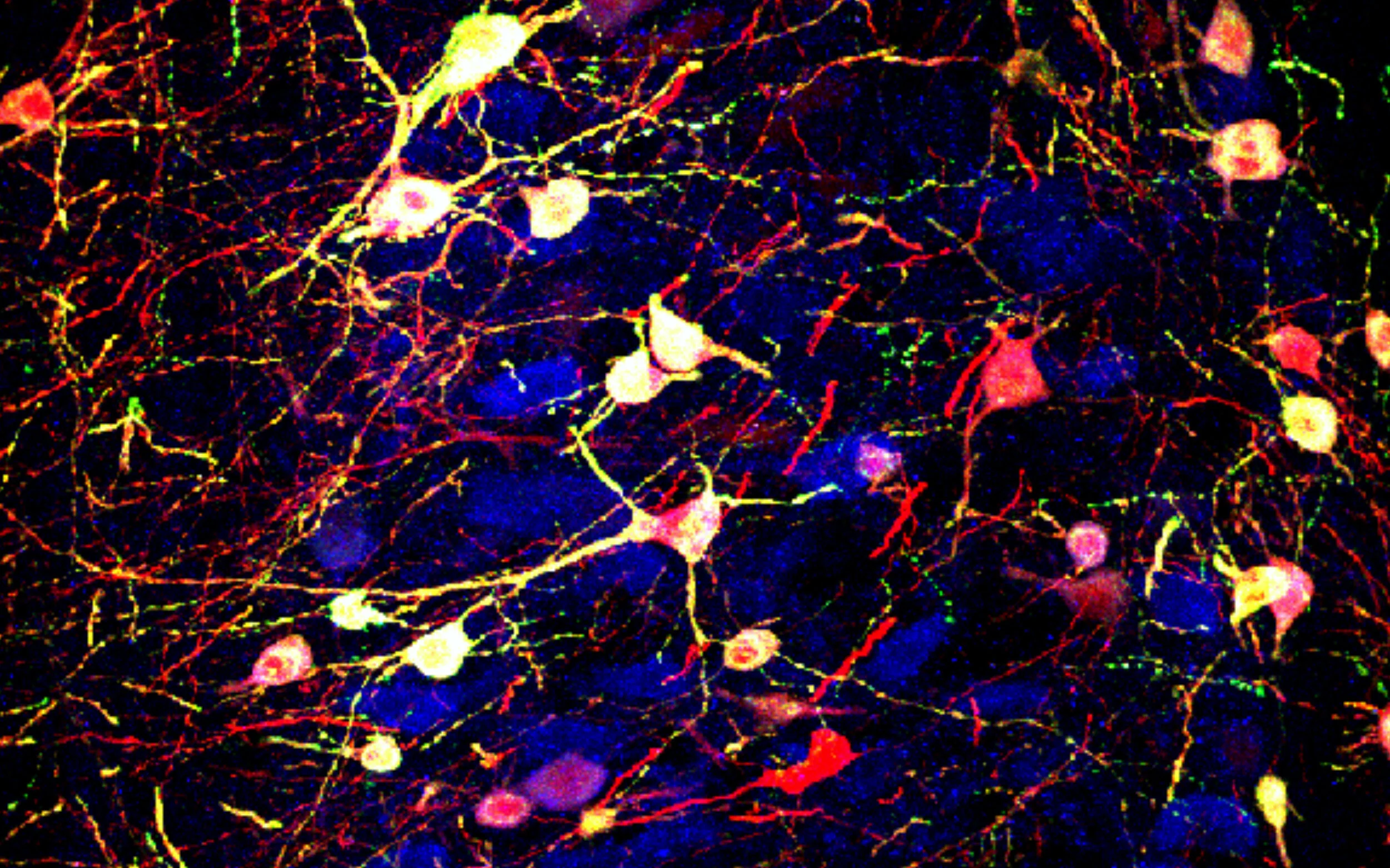Running Out Of Memory
/ |
| Diane Van Deren |
Consisting of progressively more miles as race day nears, these runs of 15+ miles train not only the legs and heart but also the brain. Breaking through mental barriers and learning how to deal with fatigue helps the marathoner talk back to his or her body and helps them get over the inevitable psychological wall during the race.
In fact, our brains can offer us too much information during those hours on the road. Knowing that you just started mile three of an 18 mile training run can be just as difficult as approaching mile 15 exhausted but having to dig deep for three more. What if you could turn your brain off and just deal with the current moment; no looking back or forward? It is something Diane Van Deren lives with every day.
One of the world’s best ultra-runners (as in races of 50 miles or more), Van Deren puts in more miles on her feet during a week than many cyclists do in the saddle. She is a veteran and champion of some of the world’s toughest 50 mile, 100 kilometer and 100 mile races.
But Van Deren fights her own personal battle every day. In 1997, after suffering for years from epileptic seizures, she made the tough decision to undergo a lobectomy. By isolating and removing a damaged kiwi-size portion of the right temporal lobe of her brain, the seizures stopped but so did significant pieces of her short term memory. Beyond just embarrassing lapses of names and faces, Van Deren would lose keys, directions and experiences before they could be filed away into her long term memory archive.
During her struggles with seizures, the former pro tennis player would escape to running in the foothills of the Rockies as this would ward off an oncoming episode. Now, she no longer runs from the attacks and instead runs for the joy of competition against the best in the world. Yet, her new battle is navigation and making her way home since any recollection of her path is gone after a few more strides. She uses a system of “bread crumbs” and clues to find her way back.
The fascinating aspect of her new memory condition is the lack of awareness of distance traveled and distance to go. There are no pre-planned workout distances that she dutifully fulfills until she’s reached that day’s goal. Of course, a GPS or pedometer could tell her how far she has gone, but she prefers the blissful ignorance of running only to the sound of her feet on the ground.
“It’s a kinesthetic melody that she hits,” Don Gerber, a clinical neuropsychologist at Craig Hospital, a rehabilitation hospital in Englewood, Colo said in a New York Times piece. “And when she hits it, she knows she’s running well.”
But does her lack of memory provide some type of advantage to her perception of fatigue? If you were on a 20 mile run, but did not know how far you had gone or how far you had to go, would your brain sense the same fatigue signals from your muscles?
In an in-depth Runner’s World article, several neuroscientists debated whether Diane’s lack of awareness of her effort increases her tolerance of pain. "It's a mental state," Gerber says. "You become enmeshed in what you're doing. It's almost Zen. She can run for hours and not know how long she's been going." Others argue that its not that simple. Dr. William Theodore, chief of the clinical epilepsy division at the National Institute of Health commented, "Certain parts of the brain are related to pain, but they're very deep structures. They're almost never involved in epilepsy surgery."
Still, imagine your peace if you were able to tune out the constant jabber of your inner voice telling you how you should feel based on objective data like miles or hours endured. For those that grew up in the Great White North, you might remember playing for hours in the winter snow, only to be told when you finally come in the house that it was -15 degrees outside. Without that data, you’re left to just your body’s messages about how you feel.
To get a sense of that peace, the incredible Radiolab podcast caught up with Van Deren last month for an interview but also to capture the soothing sound of her feet padding along a trail with a matching rhythm of breaths. Sometimes its worth it to turn off the iPod, the heart monitor and the GPS and just run, focused only on yourself.











